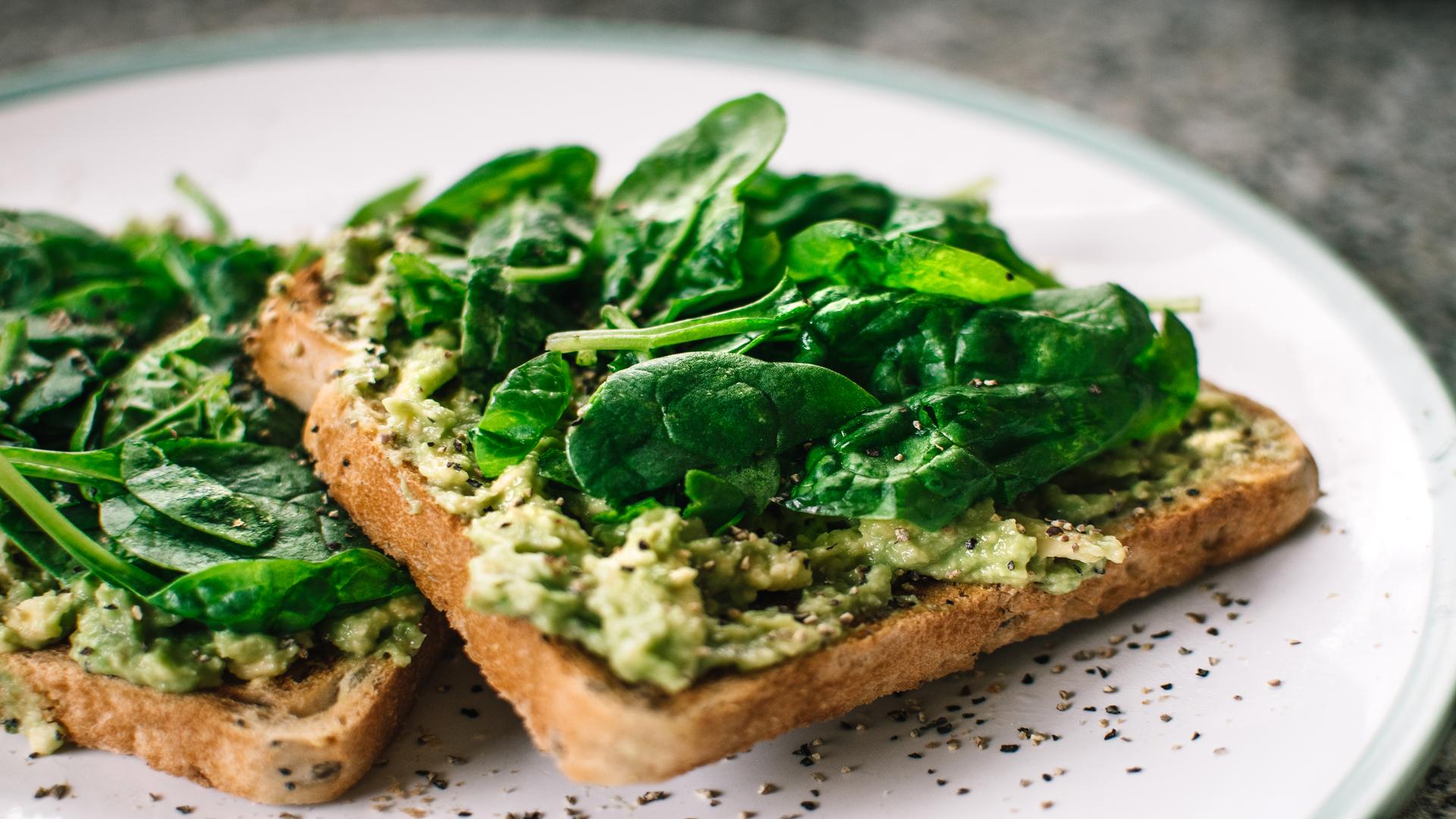
Outline
I. Introduction
- Importance of Fitness and Nutrition
II. Understanding Fitness
A. Definition and Components
B. Benefits of Regular Exercise
C. Types of Fitness Activities
III. Importance of Nutrition
A. Role of Proper Nutrition
B. Essential Nutrients for a Healthy Body
C. The Impact of Nutrition on Overall Well-being
IV. Integrating Fitness and Nutrition
A. Creating Balanced Meal Plans
B. Pre and Post-Workout Nutrition
C. Hydration and its Significance
V. Fitness and Nutrition for Weight Management
A. Strategies for Weight Loss
B. Building Lean Muscle Mass
C. Maintaining a Healthy Body Composition
VI. Nutritional Considerations for Different Fitness Goals
A. Endurance Training
B. Strength Training
C. High-Intensity Interval Training
VII. Common Myths and Misconceptions
A. The Importance of Individualization
B. Debunking Fad Diets
C. Fact vs. Fiction in the Fitness Industry
VIII. Addressing Challenges and Staying Motivated
A. Overcoming Plateaus
B. Finding Sustainable Habits
C. Seeking Professional Guidance
IX. Frequently Asked Questions
A. How many times a week should I exercise?
B. What should I eat before a workout?
C. Can I achieve my fitness goals without a strict diet?
D. How do I maintain motivation in my fitness journey?
E. Is it necessary to take supplements for optimal fitness?
X. Conclusion
- The Importance of Balancing Fitness and Nutrition
Fitness and Nutrition: A Holistic Approach to Wellness
� Fitness and Nutrition: A Holistic Approach to Wellness
� FITNESS
� FITNESS
� Discover the significance of fitness and nutrition in achieving overall well-being. Explore the relationship between exercise and proper nutrition, and how they work together to support a healthy lifestyle.
Physical fitness and proper nutrition are two essential pillars of overall well-being. When combined, they create a solid foundation for a healthy lifestyle. In this article, we will explore the significance of fitness and nutrition, their individual components, and how they can be integrated to achieve optimal results.
I. Introduction
Maintaining good health requires a holistic approach, and fitness and nutrition play pivotal roles in this pursuit. Regular physical activity and a well-balanced diet are key factors in maintaining a healthy weight, preventing chronic diseases, and promoting mental well-being.
II. Understanding Fitness
A. Definition and Components
Fitness can be defined as the ability to perform daily activities with vigor and ease, while having enough energy and resilience for leisure pursuits and emergencies. It comprises several components, including cardiovascular endurance, muscular strength and endurance, flexibility, and body composition.
B. Benefits of Regular Exercise
Engaging in regular exercise offers a multitude of benefits. It improves cardiovascular health, boosts cognitive function, enhances mood, and reduces the risk of chronic diseases such as heart disease, diabetes, and certain types of cancer. Exercise also promotes better sleep quality, increased energy levels, and improved overall quality of life.
C. Types of Fitness Activities
There are various types of fitness activities, including aerobic exercises like running, swimming, and cycling, which improve cardiovascular endurance. Strength training exercises, such as weightlifting and resistance training, focus on building muscular strength and endurance. Flexibility exercises like yoga and Pilates enhance joint range of motion and help prevent injuries. It is essential to incorporate a combination of these activities into a well-rounded fitness routine.
III. Importance of Nutrition
A. Role of Proper Nutrition
Proper nutrition is vital for maintaining overall health and well-being. It provides the body with essential nutrients, vitamins, and minerals necessary for growth, repair, and optimal functioning. A well-balanced diet supports immune function, helps regulate hormones, and assists in maintaining a healthy body weight.
B. Essential Nutrients for a Healthy Body
A healthy diet should include a variety of nutrients, including carbohydrates, proteins, fats, vitamins, and minerals. Carbohydrates are the body's primary source of energy, while proteins build and repair tissues. Fats are essential for hormone production and nutrient absorption. Vitamins and minerals support various bodily functions, including immune system function, bone health, and cell production.
C. The Impact of Nutrition on Overall Well-being
Good nutrition positively influences mental health, physical performance, and disease prevention. A diet rich in fruits, vegetables, whole grains, lean proteins, and healthy fats provides vital nutrients that support brain function, enhance mood, and reduce the risk of chronic diseases such as obesity, heart disease, and certain cancers. Proper nutrition is a foundation for maintaining a healthy weight and preventing nutrition-related disorders.
IV. Integrating Fitness and Nutrition
A. Creating Balanced Meal Plans
When it comes to integrating fitness and nutrition, creating balanced meal plans is crucial. A balanced meal consists of protein, carbohydrates, and healthy fats in appropriate proportions. Incorporating a variety of fruits, vegetables, whole grains, and lean protein sources ensures an adequate intake of essential nutrients.
B. Pre and Post-Workout Nutrition
Fueling your body before and after workouts is essential for optimal performance and recovery. Consuming a combination of carbohydrates and proteins before exercise provides the necessary energy and aids in muscle repair. Post-workout nutrition involves consuming protein and carbohydrates to replenish energy stores and support muscle recovery.
C. Hydration and its Significance
Proper hydration is often overlooked but plays a vital role in both fitness and nutrition. Water is essential for regulating body temperature, lubricating joints, and transporting nutrients throughout the body. Staying adequately hydrated supports optimal physical performance and overall health.
V. Fitness and Nutrition for Weight Management
A. Strategies for Weight Loss
Achieving a healthy weight requires a combination of regular physical activity and a balanced diet. Incorporating both aerobic exercises and strength training into your fitness routine helps burn calories and build lean muscle mass. Aiming for a calorie deficit by consuming fewer calories than you burn is crucial for weight loss.
B. Building Lean Muscle Mass
Strength training exercises are not only beneficial for weight loss but also for building lean muscle mass. Increased muscle mass boosts metabolism, leading to higher calorie burning even at rest. Including sufficient protein in your diet is vital for muscle growth and repair.
C. Maintaining a Healthy Body Composition
Maintaining a healthy body composition involves balancing body fat and lean muscle mass. Regular exercise helps improve body composition by reducing body fat and increasing muscle tone. Proper nutrition supports this process by providing essential nutrients for muscle growth and repair while supporting fat loss.
[to be continued]
Thank you for reading. For more insights, visit our #healthzone#3.com/blog">BLOG. We appreciate your support!



